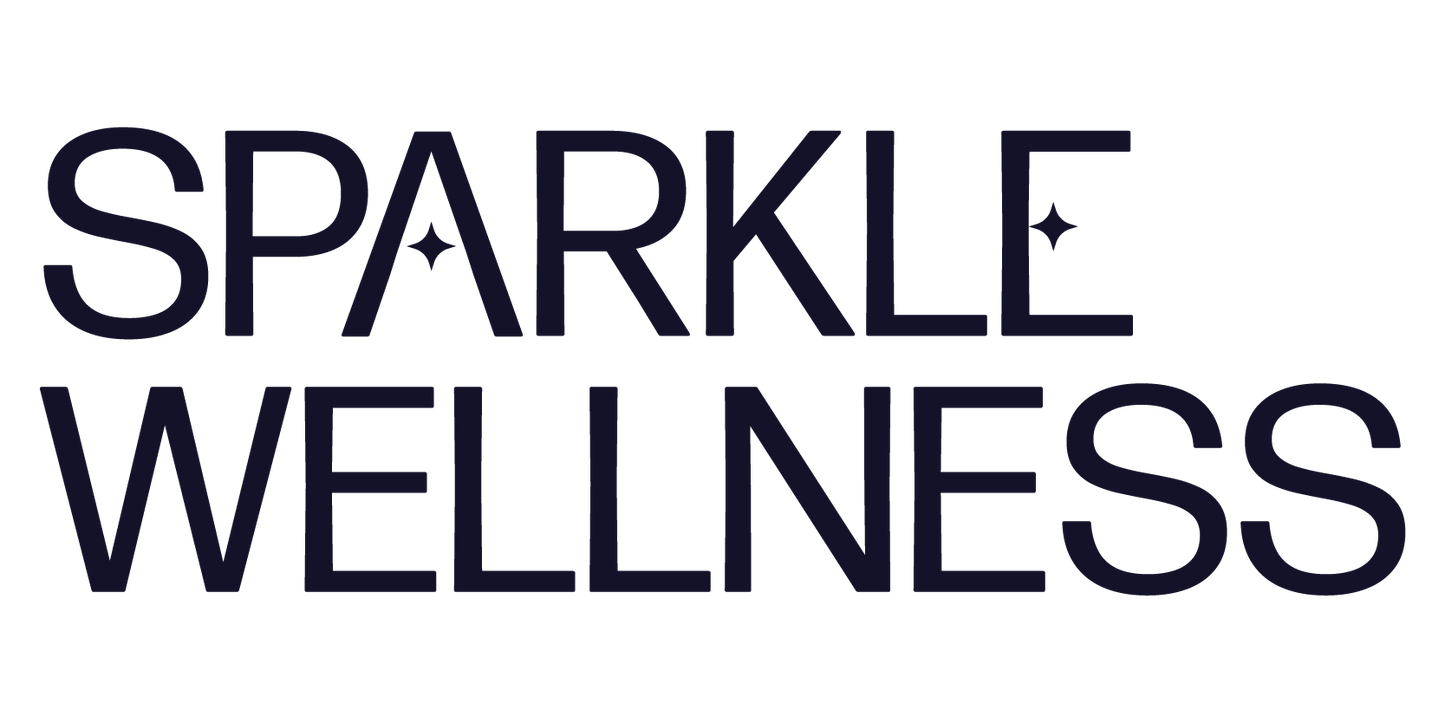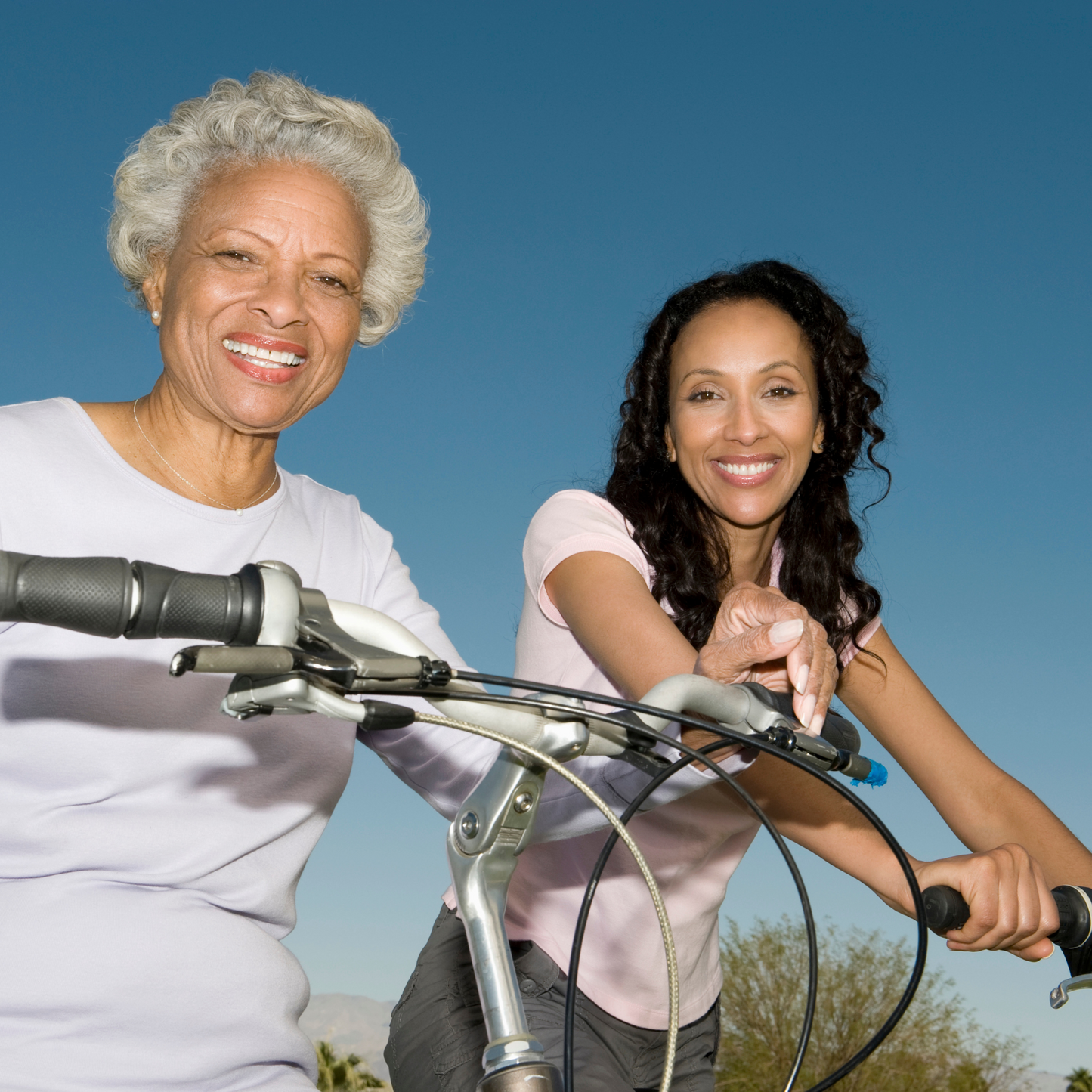A longevity doctor offers 7 tips for enhancing your healthspan
Written by Matthew Farrell
Wellness content writer
The causes of aging
So what causes aging? This seems like a simple question, but there are actually many possible answers, and experts are studying them all.
“Scientists at the leading edge of longevity science have mapped out the changes in our biology associated with aging,” says Dr. Mani Kukreja, the founder of LivAgeWell, an integrative health and wellness coaching practice. “There are many theories that have attempted to explain how and why we age.”
One category is the Programmed Theories of Aging. “These theories explain aging as a biological process that regulates growth and development of the human body,” says Dr. Kukreja. The most popular Programmed Theories include Programmed Longevity, which considers aging to be the result of switching on and off certain genes in specific sequences. There is also the Endocrine Theory, which suggests that hormones control the pace of aging, and the Immunological Theory, which states that the immune system is designed to decline over time.
Then, there are the Damage Theories of Aging. “These imply that aging occurs due to damage sustained on cells, tissues, and DNA,” explains Dr. Kukreja. According to various theories, this damage can be caused by “mitochondrial dysfunction, oxidative stress, genetic mutations, and day-to-day wear and tear as we use our body and ignore the body’s distress signals.”
While experts are still exploring all possible explanations for aging, one question remains: Is there anything we can do about it?
Is aging treatable?
Here’s the good news: “Although no one can stop the passage of time, it’s possible to look and feel better, protect yourself from aging-related neurological and physical conditions, and improve your mental and physical performance,” says Dr. Kukreja.
The key is to focus on not just quantity of life, but quality. This concept is called health-span, which means “the period of life when you are in good health and free from aging-related diseases and disabilities,” explains Dr. Kukreja
Dr. Mark Hyman, a leader in functional medicine, puts it this way, “When it comes to longevity, the goal isn’t just to live as long as possible. The true objective is to live as vibrantly and energetically as possible, for as long as possible.”
To achieve this, you should focus on healthy lifestyle habits, including exercise, diet, sleep, and stress management. Try incorporating these tips to not only survive but truly thrive as you age.
Seven tips to boost your healthspan and feel younger
Move your body
Dr. Kukreja recommends regular physical exercise to maintain your strength and stamina. Research shows that exercise is one of the best ways to delay or even prevent the consequences of aging. Studies find that exercise reduces the risk of cardiovascular disease and cognitive decline. Regular movement may also reprogram muscle fibers to a more youthful state by increasing the expression of certain genes.
“Consult a certified physiotherapist, pilates teacher, or fitness trainer to get the best exercise to help you improve your performance even as you age,” Dr. Kukreja suggests.
Tune into your breath
“Our movement, thinking, and breathing are interconnected, and balancing these will result in a calm, focussed, and mindful approach to enjoying your golden years,” says Dr. Kukreja.
She suggests practicing yoga and meditation to help you connect to your breathing more intentionally. Another reason to find your Zen: Research shows that meditation may promote longevity by decreasing stress hormones and oxidative stress and increasing hormones that help protect aging-related genes.
If you’re new to meditation, start small. Set a timer for just five minutes to start, and bring your attention to your inhales and exhales. Try intentionally slowing down your breathing. If your mind starts to wander, notice the thoughts without judgment and gently bring your focus back to your breath.
Focus on your diet
The saying goes, “you are what you eat,” and your diet truly makes a huge impact on how you feel and perform as you age. Dr. Kukreja recommends a balanced diet loaded with antioxidants to help beat oxidative stress. Oxidative stress happens when there is an imbalance between antioxidants and free radicals in your body, which can damage your cells and cause inflammation and, ultimately, disease.
Load up your meals with antioxidants such as vitamins A, C, and E, beta-carotene, lycopene, and zinc. Foods such as leafy greens, berries, citrus fruits, avocado, nuts, and legumes are rich in these healthy nutrients.
Dr. Kukreja also suggests getting plenty of protein, which has been shown to help reduce bone and muscle loss with age. Focus on lean proteins such as poultry, eggs, seafood, and plant-based proteins such as tofu, chickpeas, and lentils.
“Metabolic testing can help you devise diet plans that can further support you in aging gracefully with higher productivity,” Dr. Kukreja says.
Laugh with your loved ones
“Enjoy healthy conversations and have fun with your family and friends,” Dr. Kukreja recommends. This one sounds simple, but it’s incredibly powerful. A review study found that people with strong social ties had a 50 percent better chance of survival regardless of age, sex, and health status than those with weaker social ties. Another study found that people with the most friends outlived those with the fewest by 22 percent. Connecting with others will boost your happiness, and as Dr. Kukreja says, “Happiness is the key to longevity!”
Get support from supplements
We talked about the importance of a healthy diet, but even with nutrient-packed meals, “we often do not get all our body needs from the foods we eat,” points out Dr. Kukreja. “It’s important to supplement with the nutrients you’re missing.” She suggests working with your doctor to undergo nutritional testing, so you can see what nutrients you may have a deficiency in. Then, you can choose to take supplements as advised by your doctor.
One powerhouse protein you want to pay particular attention to: collagen. Collagen is the most abundant protein in the body — the building blocks of your body. It makes your bones, muscles, and connective tissues, plus it impacts skin health. Unfortunately, as your age increases, your collagen production decreases.
“While you can eat collagen-rich foods such as bone broth, fish, citrus fruits, and green veggies, an aging body may do better if more bioavailable forms of collagen sources, known as amino acid peptides, are supplemented,” says Dr. Kukreja.
That is why we created carefully formulated, science-backed collagen powders to support bone, muscle, and skin health. Our new Osteo Boost Collagen Powder is made with FORTIBONE® collagen peptides, which have been scientifically proven to enhance bone mass density, bone turnover, and bone healing. Learn more and get it here.
Switch on light therapy
Here’s a bright idea: try light therapies (also known as photobiomodulation therapies), including red light, far infrared, near-infrared, and polarized light treatments. Research shows that light therapy may help reduce inflammation and boost immunity response.
According to Dr. Kukreja, infrared light therapy increases levels of nitric oxide, which helps keep blood vessels healthy and enhances circulation. It also soothes muscle fatigue and may stimulate collagen production. She suggests trying an infrared sauna — some gyms and wellness centers offer them — and aiming for 15 to 20 minutes of natural sun exposure a day.
Try magnetic field therapies
Magnetic field therapies such as static magnetic field and pulsed electromagnetic field (PEMF) are two exciting new areas of research for anti-aging, according to Dr. Kukreja. Magnetic field therapy, which has been around for centuries, uses different types of magnets on the body to enhance healthspan. PEMF therapy employs pulsating magnetic fields generated by electromagnets and particular frequencies. “Particular static magnetic fields have been found to rapidly reduce pain and inflammation,” Dr. Kukreja says. “PEMF has more than eight decades of research data that shows its efficacy in treating several aging-related disorders including chronic pain and depression.”
Adopting these habits won’t turn back the clock, but they will turn you into your healthiest and most vibrant self at any age. “Eating right, exercising, and using science to trigger anti-aging processes can make you feel, perform, and look younger,” concludes Dr. Kukreja.






